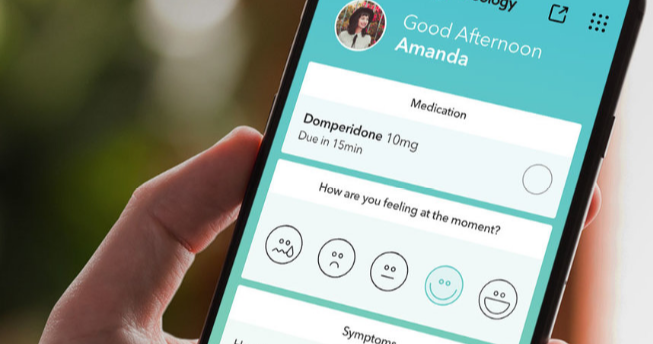Careology launches digital platform to monitor cancer patient's health

A digital platform allowing clinicians to remotely monitor cancer patients’ health in real time has been launched in the UK.
Already available on iOS with an Android version in the works, Careology Professional aims to give healthcare professionals a view of their patients’ health status any time of the day, wherever they may be.
Macmillan Cancer Support has already added the app to a shortlist of recommended services and it hopes to give clinicians access to previously unavailable patient health data and insights.
The company pointed out that doctors are currently unable to remotely manage or proactively support patients going through gruelling and often extremely toxic treatment regimes.
Patients themselves have to reach out if they have severe symptoms or side-effects at home.
It’s also a challenge for them to recall how they felt on particular days and assessing the impact and complications of treatment can be unreliable as results.
Careology Professional produces red flags and alerts in markers such as vital signs, systemic anti-cancer toxicities and medication adherence.
This allows early and proactive interventions to support the patient, with the potential of saving lives.
The company has its own dedicated NHS division headed by Dr Henry Carleton who has already established two software businesses that serve the NHS.
Carleton said: “Having worked across the NHS for almost 25 years, I strongly believe that technology plays a crucial role in the delivery of safe, patient-centric and scalable care. Interruptions to the tried-and-tested model of cancer care delivery, centred on in-person consultations between patient and clinician, will have ripple effects as the UK comes tentatively out of lockdown.”
CEO Paul Landau added that he had created the app after realising that available technology did little to support his wife as she underwent treatment for cancer.
He said: “It was all too clear how digital technology needed to be used to provide support and reduce the burden placed on patients to report what can be time-critical symptoms or side effects from treatment.
“People often get this wrong, meaning issues become more advanced and complex than they would have done if identified early.”













